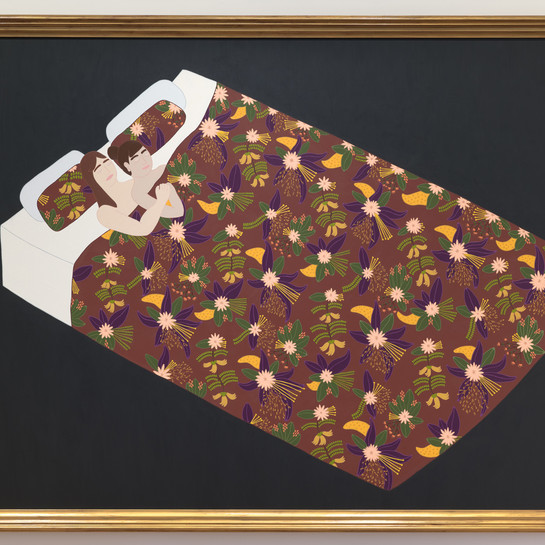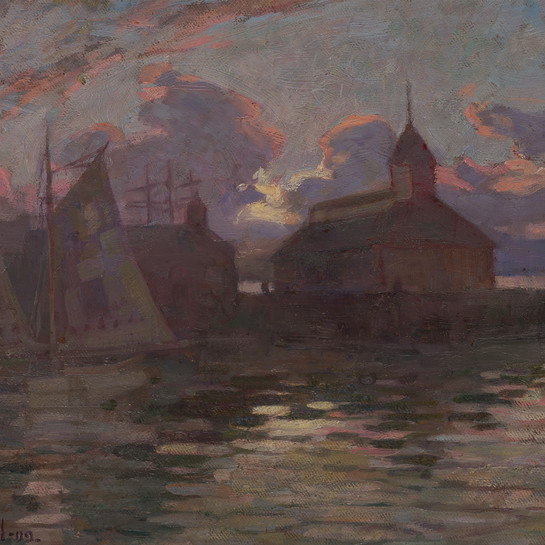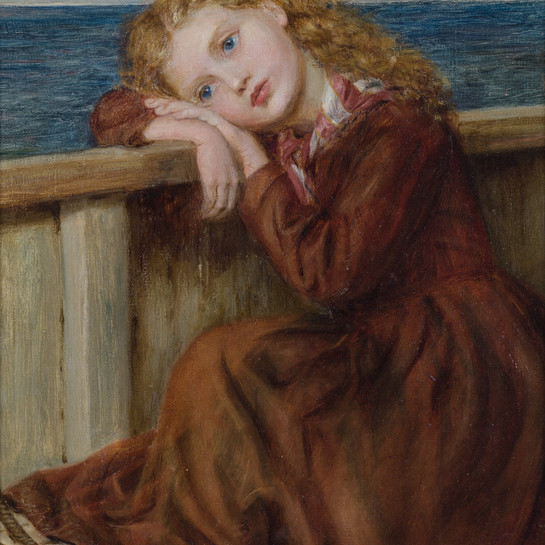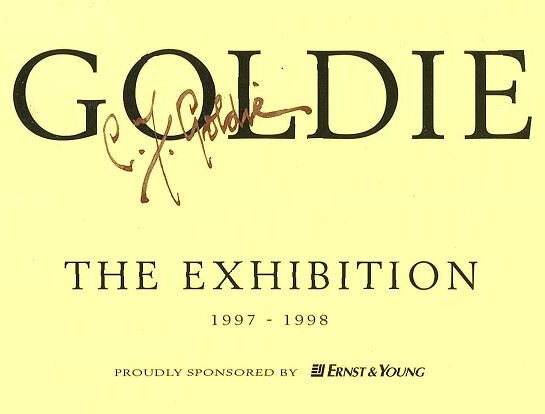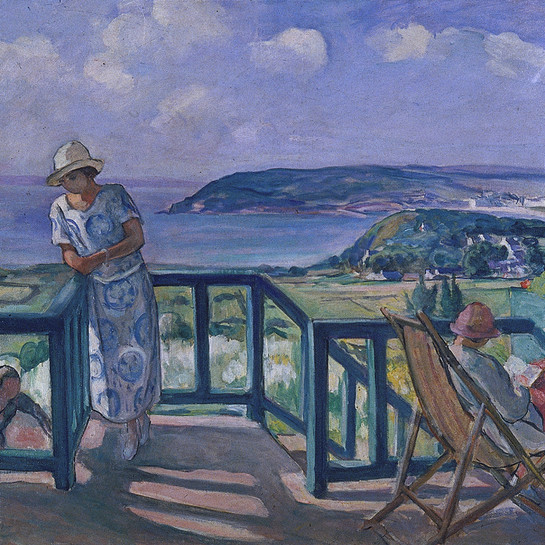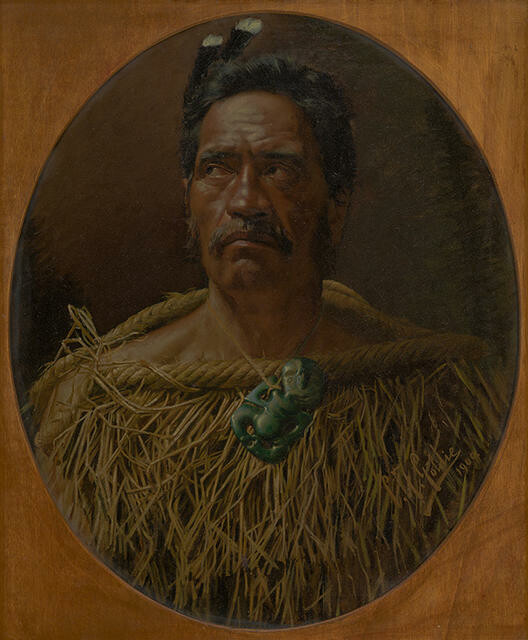Charles Frederick Goldie
Aotearoa New Zealand, b.1870, d.1947
Study from Life or One of the Old School, Wiremu Watene Tautari (Ngāti Whātua)
- 1900
- Oil on canvas
- Presented by the Canterbury Society of Arts, 1932
- 1055 x 930mm
- 69/80
Tags: cloaks, feather (material), jades (objects), jewelry, Māori (culture or style), men (male humans), ovals (plane figures), pendants (jewelry), people (agents), portraits
Wiremu Watene Tautari was one of Charles Goldie’s earliest Māori portrait sitters – according to his descendants he met Goldie through the timber shipping business. Tautari was a merchant who ran a substantial kauri trade between the upper Waitematā Harbour and the timber mills of Tāmakimakaurau / Auckland, including one at Commercial Bay operated by the artist’s father, David Goldie, who was also the city’s mayor at the time. As a small boy, Tautari was present in 1841 when Ngāti Whātua gave the Crown the land that would become central Auckland. When almost complete loss of lands followed, he was active throughout his long life in campaigning for the return of Ngāti Whātua rights and land.
(Te Wheke, 2020)
Exhibition History
He Waka Eke Noa, 18 February 2017 – 18 February 2018
Wiremu Watene Tautari (c.1834–1933) was one of Charles Goldie’s earliest Māori portrait subjects, and was said by a descendant to have met the artist through the timber shipping business. A merchant operating a substantial kauri trade between Pitoitoi/Riverhead in the upper Waitemata Harbour and the mills of Auckland, Tautari supplied timber to a mill at Commercial Bay operated by the artist’s father David Goldie, who was Auckland’s mayor at that time. Tautari had been present as a small boy in March 1841 when Lieutenant-Governor Captain William Hobson landed at Ōrākei, and Ngāti Whātua chief Apihai Te Kāwau presented the Crown with the land that became central Auckland. Expected protection and mutual benefit, however, were unfulfilled: further Crown purchases and confiscations saw Māori a minority in this area by the late 1840s. Almost complete loss of lands would follow. Tautari lived to the age of ninety-nine, and was active throughout his life in campaigning for the return of Ngāti Whātua rights and land.
